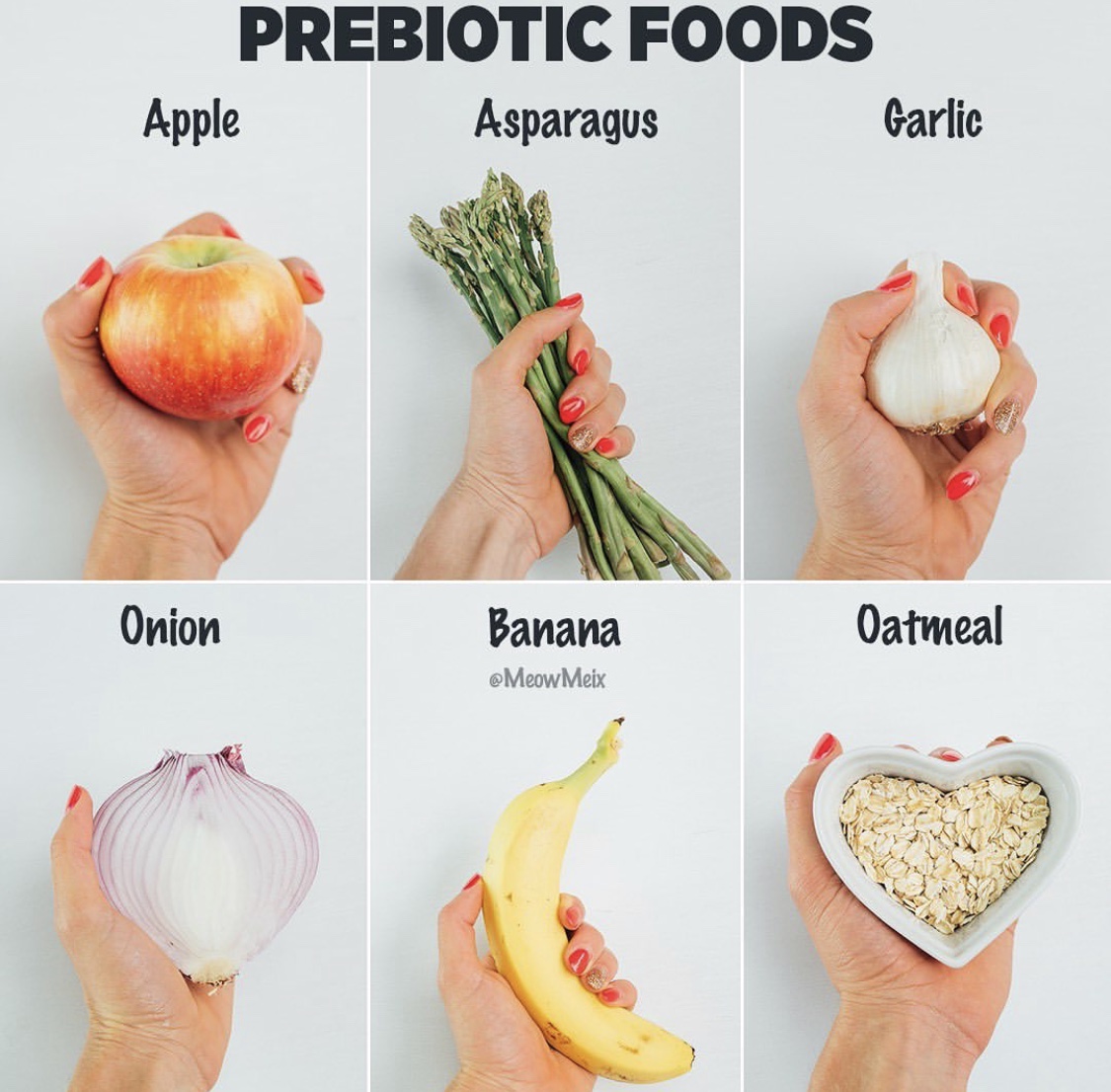- Empty cart.
- Continue Shopping
The Benefits of Prebiotic Foods for Gut Health

Gut health has become a hot topic in recent years, and for good reason. A healthy gut contributes to a strong immune system, better digestion, and even improved mental health. While probiotics—live beneficial bacteria—often steal the spotlight, prebiotics, the non-digestible fibers that feed these good bacteria, are equally important.
What Are Prebiotics?
Prebiotics are a type of dietary fiber that act as food for the beneficial bacteria in your gut. Unlike probiotics, which are live bacteria, prebiotics are not alive. They are naturally occurring in various fruits, vegetables, and whole grains.
Why Prebiotics Are Important for Gut Health
Nourishing Good Bacteria
Prebiotics serve as fuel for the good bacteria in your gut, helping them proliferate. This, in turn, helps maintain a balanced gut microbiome, which is essential for overall health.
Enhanced Digestion
A well-fed population of good bacteria aids in the digestion of food, helping to prevent issues like constipation, diarrhea, and bloating.
Immune System Support
A healthy gut contributes to a robust immune system by creating a barrier against harmful bacteria and pathogens.
Improved Nutrient Absorption
Good bacteria in the gut assist in the absorption of essential nutrients like calcium, magnesium, and iron.
Mood Regulation
Emerging research suggests that a healthy gut can positively impact mental health by producing neurotransmitters and regulating inflammation.
Foods Rich in Prebiotics
Vegetables
- Garlic: Contains a type of prebiotic known as inulin.
- Onions: Another excellent source of inulin.
- Asparagus: Rich in another type of prebiotic fiber called oligofructose.
Fruits
- Bananas: Contain small amounts of inulin.
- Apples: Rich in pectin, a prebiotic fiber that feeds good bacteria.
Whole Grains
- Barley: Contains beta-glucan, a prebiotic fiber.
- Oats: Another good source of beta-glucan.
Others
- Chicory Root: A top source of inulin.
- Leeks: Similar to garlic and onions, leeks are rich in inulin.
How to Incorporate Prebiotics into Your Diet
- Start Slow: Introduce prebiotic foods gradually to avoid digestive discomfort.
- Diverse Diet: Aim for a variety of prebiotic foods to nourish different types of good bacteria.
- Pair with Probiotics: Consuming prebiotics and probiotics together can have a synergistic effect on gut health.
In conclusion, prebiotic foods offer a range of benefits for gut health, from nourishing good bacteria to enhancing nutrient absorption. By incorporating a variety of prebiotic-rich foods into your diet, you’re not just taking steps to improve your digestive health but also boosting your immune system and potentially benefiting your mental well-being. So the next time you’re grocery shopping, don’t just think about probiotics—give prebiotics the attention they deserve.








